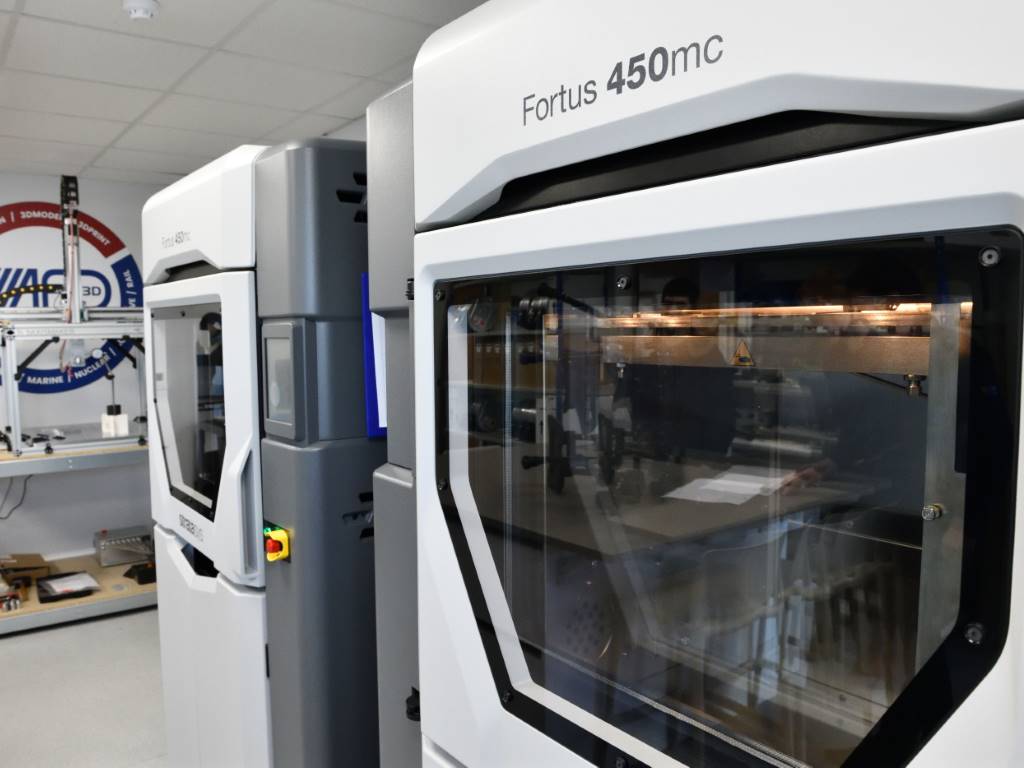Confident cuts

INSPHERE’s product development team has created BASELINE, a rapid machine tool verification system that offers a step change in machine tool downtime for the aerospace sector. Aerospace Manufacturing reports.
Machine tools are the workhorses of the aerospace supply chain. They add-value to often large-scale raw materials, including for example, billets and forgings that are manufactured to produce the essential components for OEMs to assemble into aircraft.
The cost of a scrapped part can be significant as the raw materials are already expensive and – in the case of forgings – may have long associated lead-times. As these components are manufactured through multi-stage machining processes, the impact of a scrap component increases as the part progresses. As such, confidence in machine tool performance is paramount. Scrapped parts, delays and concessions are costly in monetary terms and also reputational damage. To that end, machine tools should be routinely serviced and maintained.
Planned maintenance schedules inevitably have a negative impact upon production. They not only have to accommodate the checking and routine servicing of a machine tool, but also have to build in contingency periods for any corrective work. As such, a large machine tool could have between one and two weeks of planned downtime per year.
The introduction of a process control approach and regular machine tool checks can provide ongoing confidence in the machine tool. The checks allow a reduction in planned maintenance time by specifically targeting elements of the machine tool that are drifting, confidence that a collision has not affected the machine performance and ensure the machine tool is performing consistently. However, many of the current industry-standard checks suffer limitations. In many cases, machine tool checks take up a significant amount of time, require specialist metrology knowledge, and operators are often only able to examine a small volume of the total machining envelope. Furthermore, current checks only measure a limited number of axes and focus on either static or dynamic performance, but not both.
INSPHERE’s product development team has created BASELINE, a rapid machine tool verification system that overcomes the current limitations of the industry-standard status quo. The system utilises established laser tracker technology to measure and identify machine tool errors automatically.
BASELINE has been designed for non-metrologists. Operators do not require lengthy training to run the system or to interpret the results, they simply place the instrument on the machine bed and a single button execution will carry out the measurement. There are no complicated controller interfacing requirements, making BASELINE compatible with legacy machine tools. In addition, the system has wireless communication and is battery powered, furthering the ease-of-use. The system performs the measurement in a small time-frame that varies between machine volume but is typically around 45 minutes for a measurement of the entire axes range. The BASELINE system measures both linear and rotary axes, determining the number of associated errors. The measurement process uses multiple observations to determine the results, meaning low measurement uncertainty.
Predictive, not speculative
The benefits to regular checks and process monitoring are numerous. As a consequence of a process control approach, planned maintenance can become less speculative and more predictive. Historical performance data can enable engineers to assess the ongoing health of the machine tool, monitoring for variation or drift over time. As such, maintenance schedules can be reduced to the essential tasks, for example changing lubricants, and addressing only the elements of the machine tool that have been identified through the monitoring process as needing corrective action. Ultimately, this will result in a greater up-time for the assets.
A common cause of downtime is when an accidental collision occurs. These accidents can cause great uncertainty in machine tool performance. Data records of machine tool verification checks over time provide a known condition to compare against. Running BASELINE after a collision provides a very quick comparison back to the pre-crash state of the machine tool, as well as reporting the absolute machine errors, giving the operator confidence either to continue to use the machine or fix the identified errors. Being able to generate actionable data as part of machine tool verification means that maintenance interventions are entirely predictive in a way that enables Industry 4.0 philosophies to become a reality for aerospace manufacturers.













